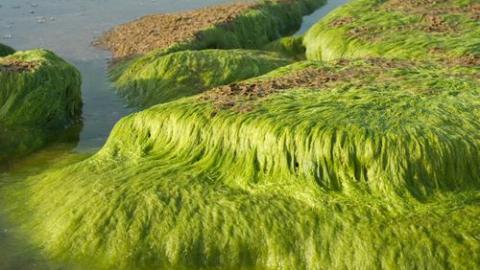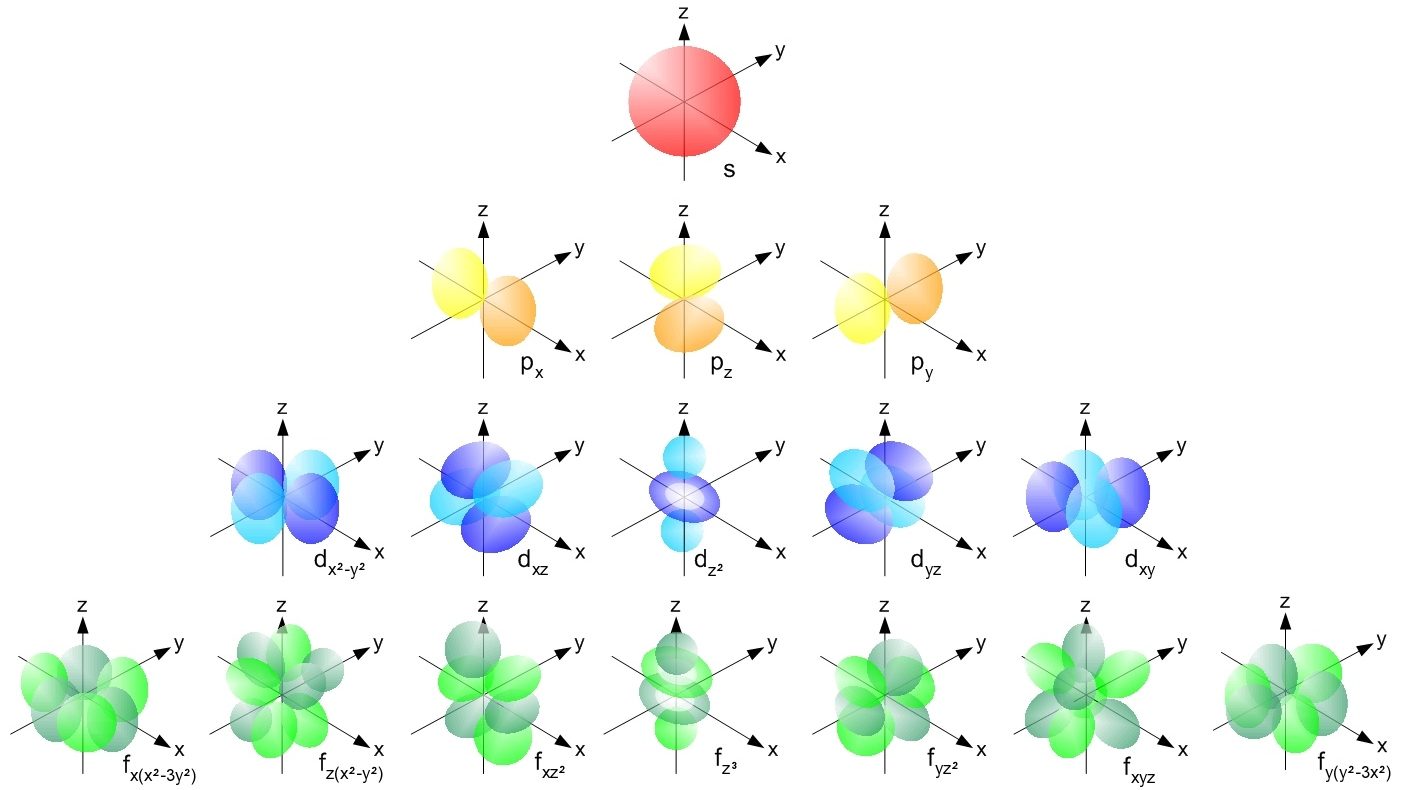Sea Robots Farm Algae for Fuel

What’s the Latest Development?
A Pennsylvania-based energy start up envisions fleets of tiny robots harvesting the sea for algae which could then be converted into biodiesel. The company, BEAR Oceanics, is currently crowd-funding to create self-sustaining robot farms which must be engineered to avoid boats or ships as they harvest. “Building a robotic farm would take an estimated $1,200 and 140 man hours. Such robots could end up churning out biodiesel for between 30 to 60 cents per gallon, said Rudy Behrens, an engineer at BEAR.
What’s the Big Idea?
In laboratory settings, the algae were found to be resistant to environmental conditions, growing even in winter and doubling in mass every 92 minutes, representing a potentially self-sustaining source for biofuels. When its harvest time, the robots fire an electric charge that bursts the algae cells to release lipid oils used to make biofuel. And in lieu of using toxic chemicals to turn the algae oil into fuel, BEAR Oceanics works with thermal depolymerization, a process which uses the combination of heat and pressure.
Photo credit: shutterstock.com





